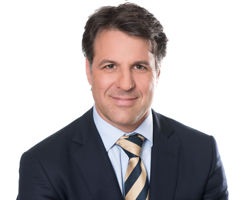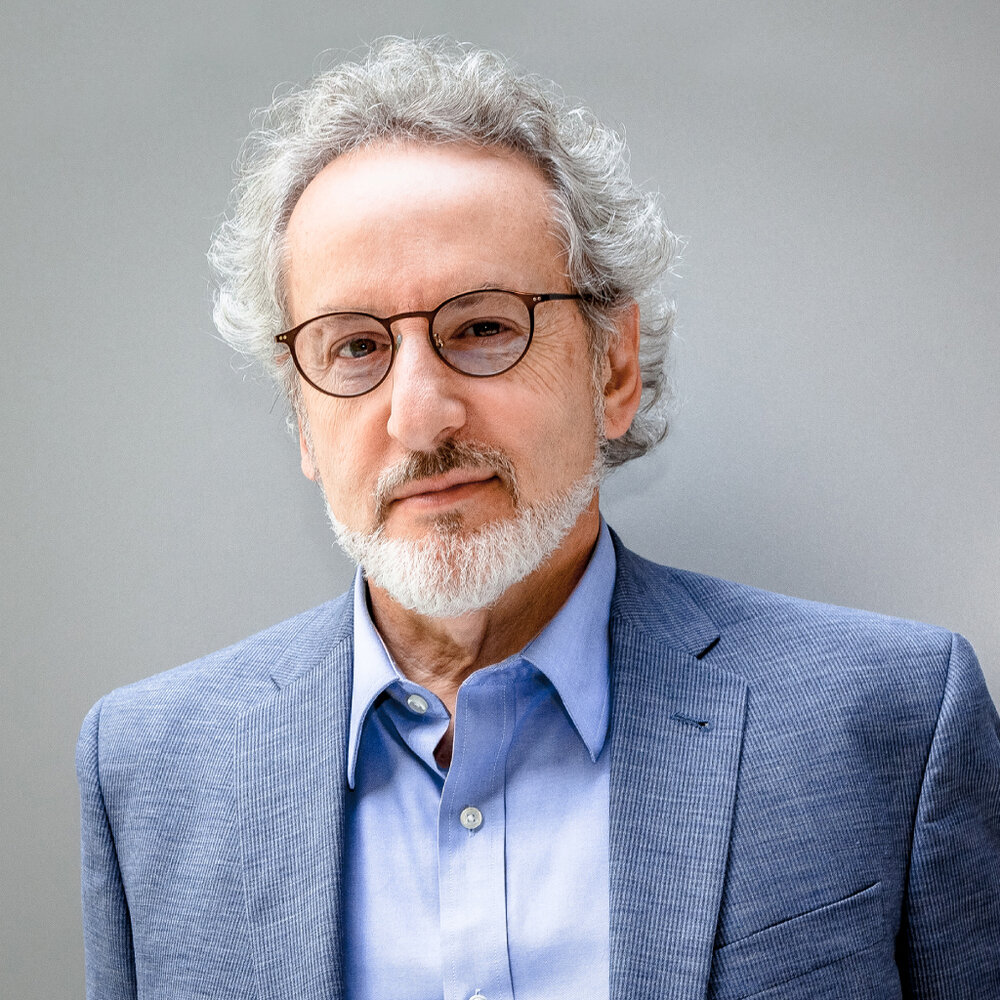Synopsis
Personalized medicine has long held the promise of tailoring treatments to the biology of each individual patient. Until now, however, the field has lacked a truly predictive human model. In a breakthrough that could transform how precision oncology is practiced, Dr. Lorenzo Ferri (McGill University) and Dr. Donald Ingber (Wyss Institute at Harvard University) have developed a patient-derived Organ-Chip model that accurately predicts individual responses to cancer therapeutics, outperforming current organoid models.
In this webinar, Dr. Ferri, a leading clinician-scientist in esophageal and foregut malignancies, will share how his team leveraged Organ-on-a-Chip technology to create personalized models of EAC directly from patient tumors. These EAC-Chips faithfully recapitulate each patient’s unique tumor microenvironment and response to chemotherapeutics, marking a major advance toward functional precision oncology.
Following the presentation, Dr. Ingber, the pioneer of Organ-on-a-Chip technology, will join Dr. Ferri for a live discussion and Q&A exploring how this work establishes Organ-on-a-Chip technology as a transformative platform for personalized medicine. Together, they will examine the implications of this study for clinical translation, therapeutic development, and the future of individualized cancer care.
Key Learning Points
- Discover a new approach to personalized medicine: Learn how patient-derived Organ-Chips can replicate individual tumor biology and predict patient-specific therapeutic responses.
- Compare Organ-Chips and organoids: Understand why Organ-Chip models more accurately capture human tissue physiology and drug sensitivity than traditional organoid systems.
- Explore translational potential: See how Organ-on-a-Chip technology bridges clinical and experimental research, creating opportunities for functional precision oncology and more effective treatment selection.
- Gain insight from leaders in the field: Hear directly from the study’s senior authors on how integrating clinical expertise and bioengineering innovation can accelerate personalized cancer care.



